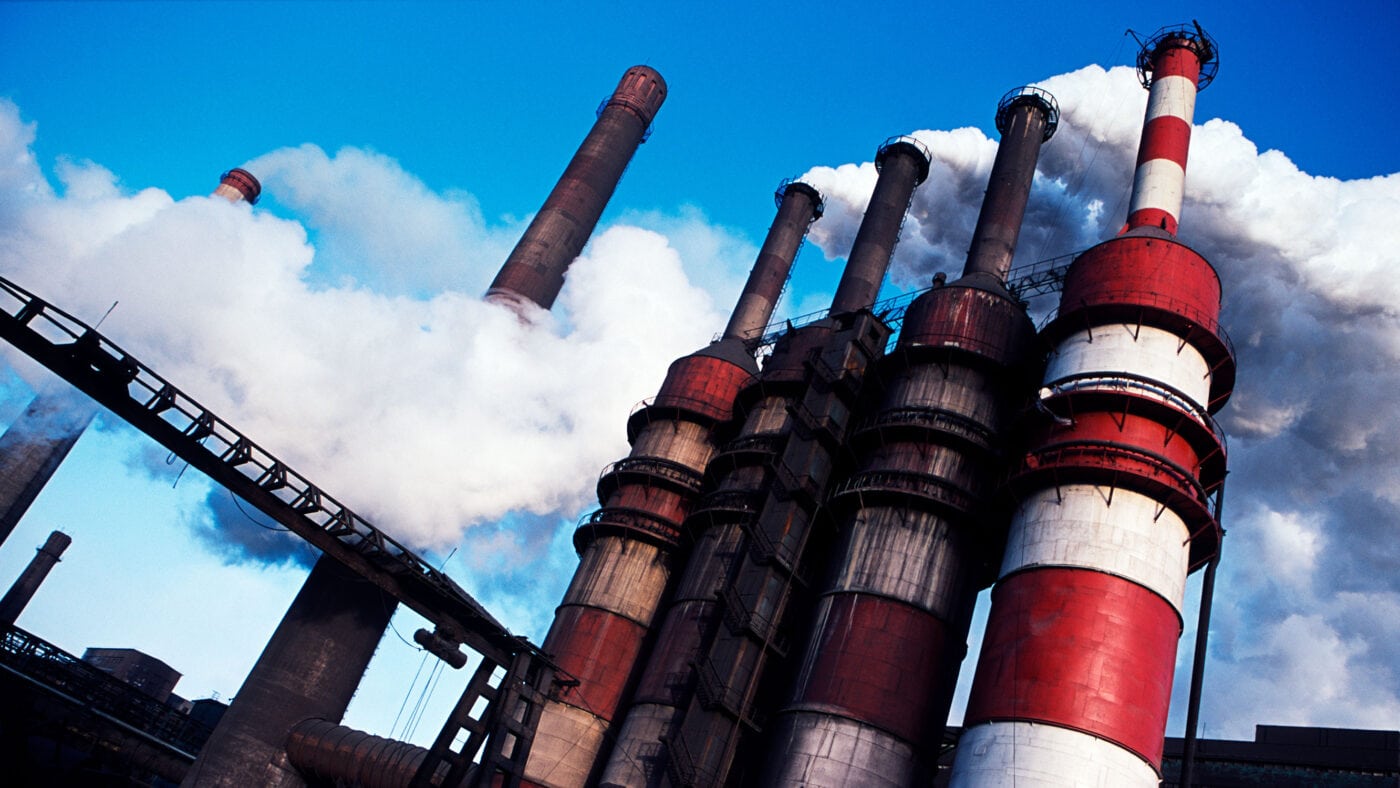When I first heard that the House of Commons had passed a measure legally committing Britain to reach net zero greenhouse gas emissions by 2050, I sat down to ask the questions which MPs should have asked, but failed to do so, before they nodded it through (there wasn’t even a formal vote). It didn’t take long to discover that MPs had handed the Government a very powerful – and deeply perverse – incentive to offshore Britain’s carbon emissions, along with much of our remaining manufacturing industry and the jobs which go with it.
It is not widely understood that Britain’s net zero target refers only to what are called ‘territorial emissions’. This is carbon dioxide, or other greenhouse gases, which are physically spewed out within Britain. It excludes aviation, shipping and, crucially, emissions generated elsewhere in the world in the cause of growing food or making goods for UK consumers. The alternative is to count emissions on a ‘consumption basis’ – totting up emissions all around the world which accrue from the business of keeping UK residents fed, clothed and entertained.
The difference is considerable. In 2019 — the year before the pandemic – UK territorial emissions were 455 million tonnes of carbon dioxide equivalent. Emissions on a consumption basis, by contrast, were more than half as high again, at 774 million tonnes.
What’s more, consumption-based emissions are falling much more slowly than territorial emissions. Between 1996 and 2019 territorial emissions fell by 41.6%. This figure (or the drop of 48% since 1990) has regularly been used by the Government to boast about how well it is doing in tacking climate change and what a great influence Britain is on the rest of the world. Look at consumption-based emissions, however, and they fell by a far less impressive 13.6% between 1990 and 2019.
What explains the difference? The decline of UK manufacturing and heavy industry, that’s what. When the Government invites us to congratulate ourselves on the near-halving of UK carbon emissions over the past 30 years, it is really asking us to celebrate the closure of factories, farms, chemical works and oil refineries.
True, there has been genuine progress in decarbonising the electricity grid by replacing coal power with wind and solar. Homes and cars have become a little more efficient, too. But as the above figures indicate, the biggest factor is that we have outsourced our greenhouse gas emissions to other countries – other countries, that is, which have dirtier production processes than their UK equivalents. Close down a factory in the Midlands and transfer production to China, for example, and you have replaced a production facility that is powered mostly by gas, nuclear and renewables with one that is powered mostly by coal. The UK’s official carbon emissions may have fallen in the process, but the world’s carbon emissions have grown. The amount of greenhouse gas emissions embedded in UK imports from China alone has grown by 61% since 1996.
The Government does have plans to include emissions from UK-based aviation and shipping at some point, but it has no intention of resetting the net zero target to reflect consumption-based emissions. This has two main implications: firstly, that Britain is a lot further from eliminating net greenhouse gas emissions than the Government would have us believe. That matters, because if we think – falsely – that we have already reduced our carbon footprints by nearly half in the past three decades we will under-estimate just how much further there is to go. We will fail to realise just how big an impact it could have on our lifestyles if we were genuinely to reach net zero emissions.
Secondly, the Government has ensured that it retains a powerful incentive to de-industrialise Britain even further. Forget ‘levelling up’ – ministers might say they want to encourage production in the Midlands and North, but in the back of their minds must always arise the question: do we really want to make it more difficult to fulfil our legal commitment to reach net zero? The Government prevaricated for years before Levelling Up Secretary Michael Gove finally allowed the go-ahead for a Cumbrian mine producing coking coal, which is still a vital ingredient for what remains of the UK’s steel industry.
The same is true of agriculture. Close down a beef farm and ‘rewild’ the land, and the Government earns itself a double whammy: the emissions from the cattle disappear from the UK’s carbon budget, while carbon locked up in trees planted on the former pastures also help towards reaching net zero emissions. But it does absolutely nothing for the planet if UK consumers simply switch to buying meat produced abroad, perhaps on land cleared from the Amazonian forests.
Ministers keep telling us that there will be plenty of ‘green jobs’ to replace the dirty, old economy ones. But where are they? The ‘green economy’ – as defined by the Office of National Statistics – hasn’t grown in the past decade.
The solution to all this is stop setting targets based on territorial emissions and instead set them in terms of consumption emissions. That would make it highly unlikely that Britain could get anywhere near net zero by 2050. The legally binding target would have to be abandoned, perhaps to be replaced by a non-binding target with a later date. But it would mean that we were counting emissions more honestly – and eliminate the perverse incentive to destroy UK jobs.
Click here to subscribe to our daily briefing – the best pieces from CapX and across the web.
CapX depends on the generosity of its readers. If you value what we do, please consider making a donation.


